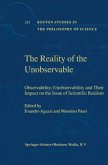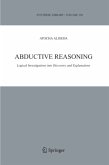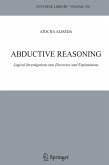This book describes the urgent need of modern humanity to renew and reinforce an open attitude to the complexity of life, above all by embracing its intrinsic indeterminacy, rather than attempting futilely to control its evolution. Oblivious to this ever-more urgent necessity, seduced by the speed and virality of digital pattern recognition, computing, and artificial simulation of human thought, society has reverted to a linear, deterministic concept of reality, under the belief that everything can be measured and managed, and that error and unpredictability will soon be eliminated from our lives and organizations. Consequently, choices and responsibilities have been delegated to technology, artificial intelligence and algorithms, even in educational institutions, which are now preoccupied with teaching mere skills and know-how, thus committing the fatal error of confusing artificial, mechanical, complicated systems with living, complex, adaptive systems.
This volume is intended not only for complexity/social scientists, philosophers and students, but to the curious from all walks of life. It calls for learning to inhabit complexity, while recognizing and participating in its interdependent, interconnected, interactive systems of relationships. Dominici reveals the futility of endeavoring to control the uncontrollable or observe the unobservable, showing how self-organization and emergence, triggered from the smallest and most modest elements, impact the entire system.
This volume is intended not only for complexity/social scientists, philosophers and students, but to the curious from all walks of life. It calls for learning to inhabit complexity, while recognizing and participating in its interdependent, interconnected, interactive systems of relationships. Dominici reveals the futility of endeavoring to control the uncontrollable or observe the unobservable, showing how self-organization and emergence, triggered from the smallest and most modest elements, impact the entire system.








